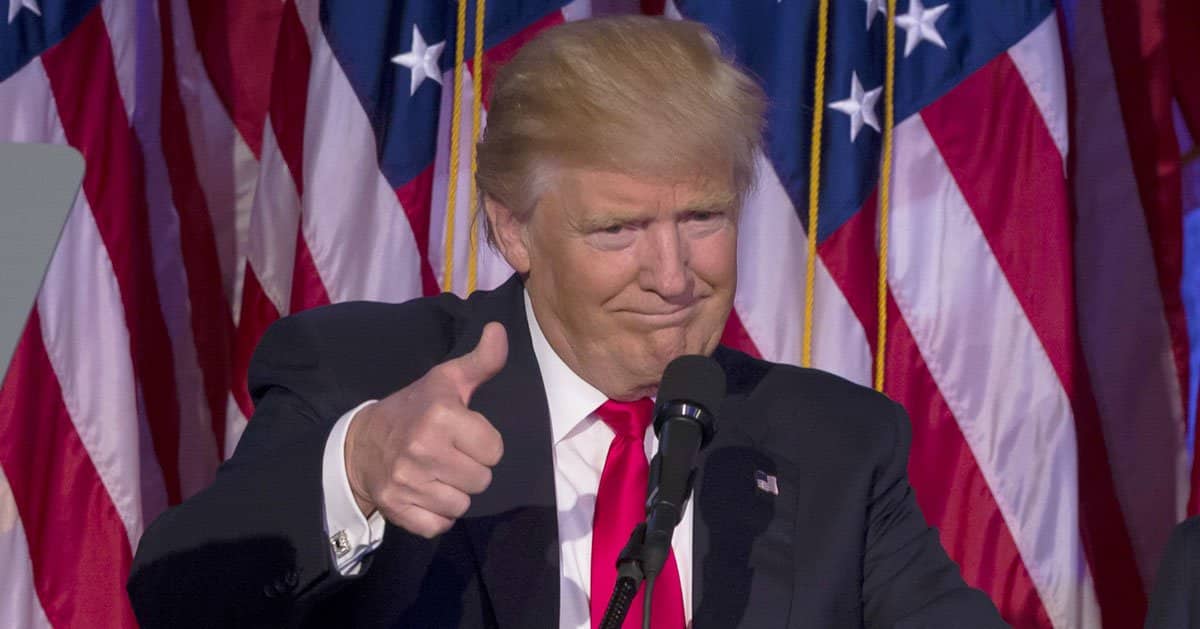




In a striking development, Senate Republicans pressed ahead with advancing Russell Vought's nomination to lead the Office of Management and Budget, as Democrats voiced their dissent by boycotting the committee vote.
The Hill reported that the Senate Budget Committee reported Vought's nomination to the full Senate following a session absent of Democratic participation, stirring both political and legal tensions.
On Friday, the Republican-majority Senate Budget Committee conducted an 11-0 vote to advance Vought's nomination.
This move came amid Democratic objections tied to the Trump administration's controversial actions related to federal funding.
Presently, Vought's fate lies with the full Senate, where Republicans express confidence in securing approval.
The Democratic boycott was a direct response to a recent administrative attempt to halt certain federal disbursements.
This effort sparked opposition, particularly due to a memo from the White House, which has since been rescinded, advising a pause in funding allocations. This pause, seen by Democrats as an overreach, triggered a significant outcry, leading to their absence from the committee meeting.
Despite the Democrats' absence, Republican leaders, such as Budget Committee Chair Lindsey Graham, urged a swift confirmation process for Vought, emphasizing the importance of moving beyond procedural delays. Graham's sentiment underscored a broader Republican desire to stabilize the governmental operations amid ongoing partisan disputes.
The nominee, Vought, has been under critical examination by Senate Democrats for his perspectives on federal spending and his connections to conservative think tanks like the Heritage Foundation's Project 2025.
A point of contention during hearings involved his view that the Impoundment Control Act — a statute restricting presidential spending power — is unconstitutional. This stance has fueled Democratic skepticism over his fitness for the position.
Adding to these tensions, Tim Kaine, though briefly attending, ultimately joined his fellow Democrats in their action of boycotting the proceedings. This absence, however, did not deter the Republican-led committee from proceeding with its vote.
Senator Bernie Moreno, a Republican, strongly criticized the Democrats for their absence, likening it to a childish act unbecoming of seasoned lawmakers. His remarks painted the Democrats' boycott as a politically motivated gesture rather than a substantive legislative strategy.
Moreover, Democratic concerns extend beyond procedural matters, pointing to recent judicial rulings they view as critical in preventing perceived executive overreach by the Trump administration.
These rulings have become pivotal in the Democratic argument that both Vought's nomination and the broader administrative strategies undermine legal and institutional norms.
Senator Richard Blumenthal, a prominent Democrat, has consistently highlighted the importance of legal precedents in upholding the rule of law.
He pointed out that judicial checks serve as a necessary bulwark against what he characterizes as unlawful directives, inspector general dismissals, and broader governmental freezes.
Blumenthal's warning comes as the Democrats remain skeptical about the implications of Vought's potential confirmation, particularly in the context of the administration's previous directives and their alignment with conservative agendas.
With Vought's nomination now progressing to the full Senate, both parties appear set for a contentious showdown. Republicans, leveraging their majority, are poised to confirm Vought despite Democratic resistance.
This political maneuvering echoes broader themes of polarization as both sides grapple with fundamental disagreements about governance and accountability.
As the confirmation moves forward, it adds to an already charged political climate in Washington, where significant policy and procedural debates continue to play out. Whether this particular episode will leave lasting impacts on budgetary and administrative practices remains a question closely watched by lawmakers and observers alike.



